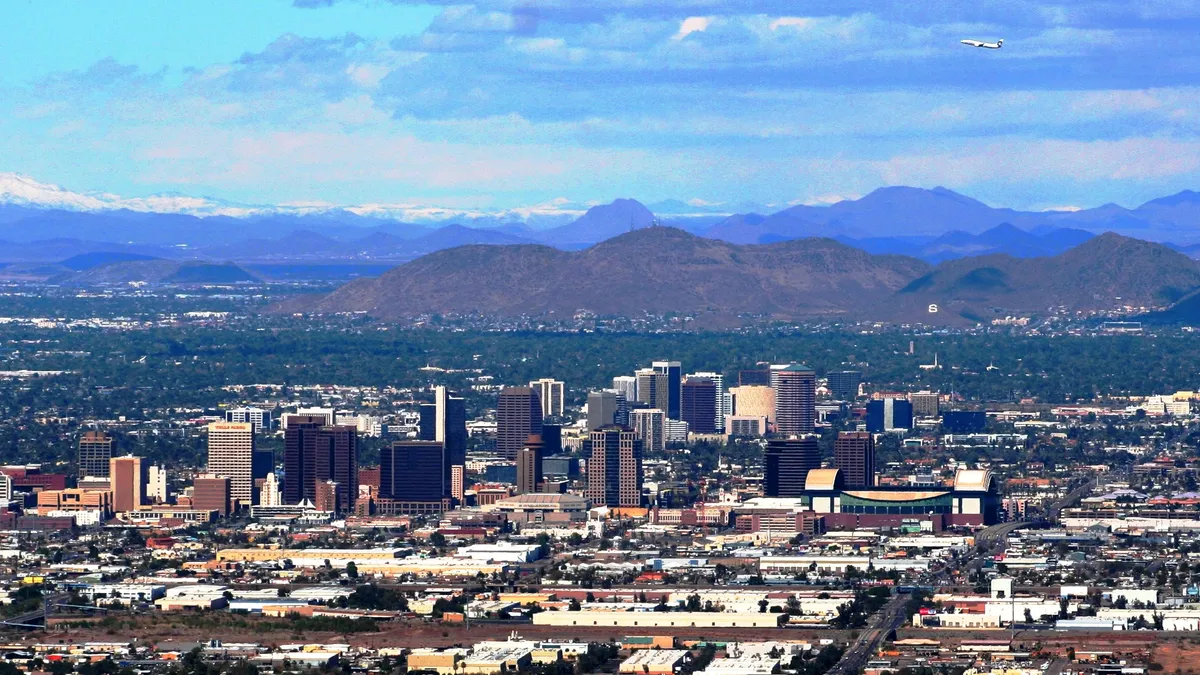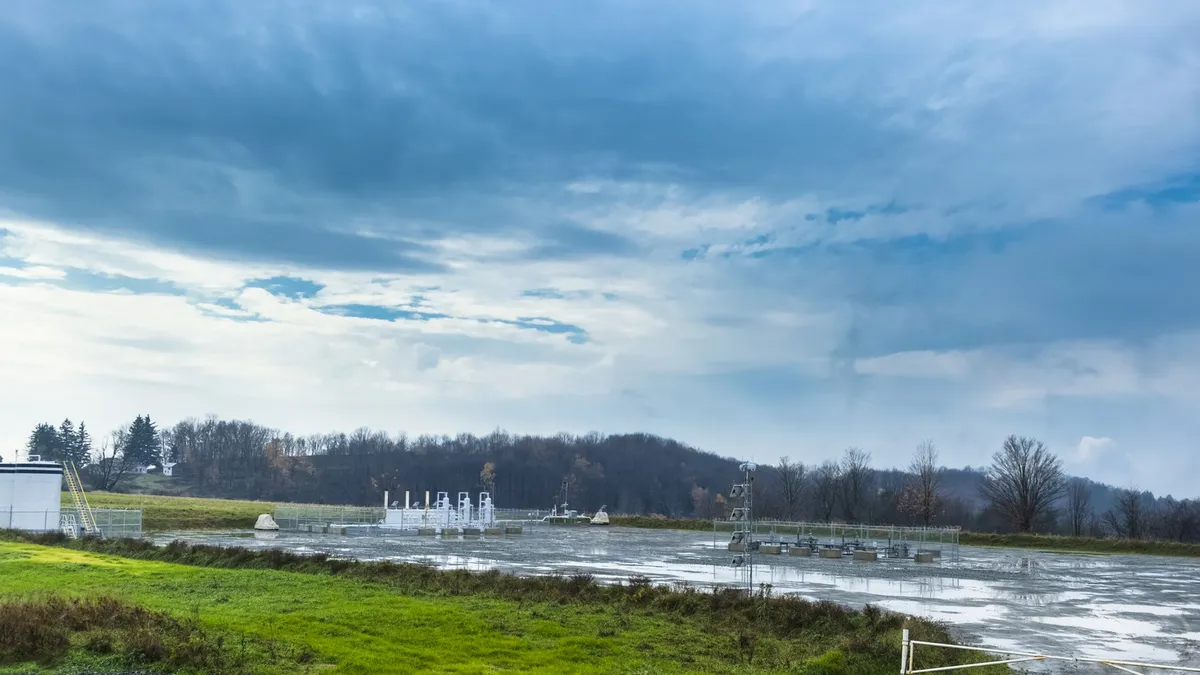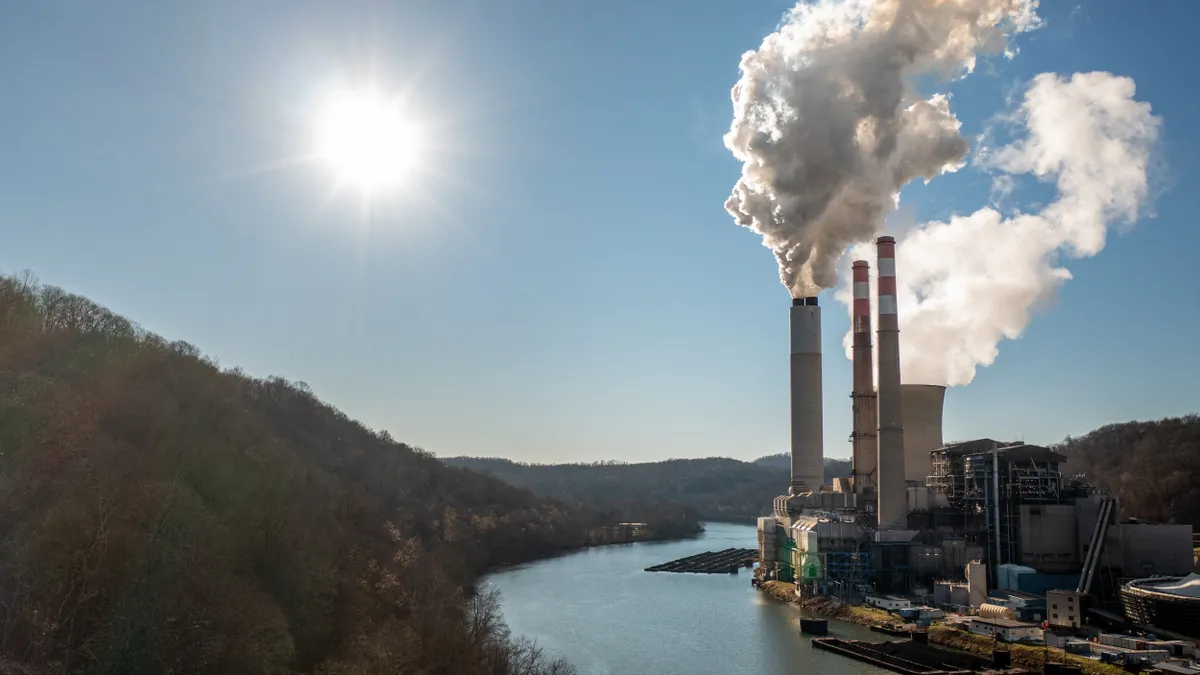The following is a viewpoint from David Pomerantz, the executive director of the Energy and Policy Institute, a pro-renewable energy watchdog group.
The Pinnacle West Capital Corporation, which owns Arizona Public Service, made a stunning admission in its financial filings on August 3: the company had spent a whopping $11 million in the past six months to influence Arizona politics, primarily in a failed effort to keep an initiative off the November ballot that would require APS to generate more of its electricity from renewable energy.
The $11 million is more than 2% of Pinnacle West investors' profits last year, enough to cause a tiny dip in profit in the past quarter compared to the same time period last year. Investors won't bat an eye about that sum if they really believe that the ballot initiative is a threat to APS' bottom line, and Wall Street certainly won't have ethical problems with APS' efforts to shape Arizona's politics. In fact, the opposite is generally true: given the degree to which monopoly utilities' bottom lines depend on the decisions of regulators who literally decide how much profit they can take from customers, investors expect utilities to lobby heavily, and value that skillset in the ones who do it well.
But what should investors think when a utility pursues a scorched-earth political strategy that not only is bad for society, but also creates backfire-risks to its own interests?
APS' brazen political spending has made it increasingly toxic
APS has courted controversy in recent years by spending millions of dollars on the election of its regulators at the Arizona Corporation Commission, ending a long-standing principle of non-engagement in those elections. APS has never confirmed nor denied bankrolling dark-money spending in the 2014 ACC election, but the utility openly spent over $4 million on ACC races in the 2016 cycle.
APS' spending on the ACC elections has worked out well for the company so far, at least in the short term. The utility's preferred candidates won in 2014 and 2016, and APS has subsequently gotten most of what it wanted out of the Commission, including rate increases and reduced compensation for rooftop solar customers.
But there has been a massive cost to APS' reputation, as one Arizona newspaper columnist recently wrote:
"APS's unabashed efforts at dominating Arizona politics in the years since the 2010 Citizens United decision have had a paradoxical effect. By getting more involved in political campaigns, uniquely among utilities, the state's biggest utility has eroded its credibility."
As a result, the Republican and Democratic challengers for the ACC this year have campaigned a platform of slamming the ACC for its coziness with APS. If APS continues to be perceived as a pariah, then no amount of campaign contributions can protect it from an inevitable backlash.
Case in point: current ACC Chairman Tom Forese could not muster a top-two finish in last week's Republican primary and will not appear on ballots in November. Forese was the beneficiary of the 2014 dark money spending and has been a loyal vote for APS' interests, almost certainly contributing to his loss.
The top Republican vote-getter was Justin Olson, a commissioner who was appointed by Gov. Ducey last year. Olson had initially run on a ticket with Forese, but threw his colleague under the bus over Forese's ties to APS, refusing to defend him and noting repeatedly that Forese voted for APS' rate increase, which happened before Olson was appointed.
Does this sound like the kind of stable regulatory environment that investors generally seek?
If APS' political problems continue to grow, the company's ability to secure future rate increases — and even its monopoly status — could be in serious jeopardy. Then investors would have much more than $11 million of their profits to worry about.
Indeed, three of the sitting Corporation Commissioners are now saying that they would like to explore retail competition in Arizona. That challenge to APS' monopoly would pose an existential threat to the utility far greater than a higher renewable energy standard.
APS' pro-gas, anti-renewables agenda stands in stark contrast to forward-looking peers
In addition to its unique ability to court controversy, APS stands apart from its peers for another reason. Other utilities, particularly in the West, have begun transitioning their generation portfolios away from fossil fuels and toward renewable energy with gusto.
APS' Colorado neighbor, Xcel, is planning on powering with 55% renewable energy by 2023. The utility says that renewable energy and batteries are cheaper for customers than fossil fuels, contrary to APS' statements that the renewable energy ballot initiative will cause rates to go up in Arizona.
Xcel's embrace of renewable energy debunks another argument that APS has made, which is that too much renewable energy threatens reliability. Xcel's managers surely do not want blackouts any more than their peers at APS, and they seem to have grown comfortable with the idea that high penetrations of renewable energy combined with storage can provide electricity just as reliably as coal and gas.
It's not just Xcel. Consumers Energy, NV Energy, MidAmerican and PacifiCorp all are moving away from any new fossil fuel investments, including gas.
APS has taken the opposite approach. The company has touted a recent solar-plus-storage project, earning justified praise for it. But zoom out to APS' long-term plans, and an iciness toward solar energy emerges that's shocking given APS' desert home. APS plans on only 183 MW of new renewable investment by 2032, compared to 5,387 MW of natural gas.
APS' biggest threat comes from toxic regulatory relationships, not renewable energy
The risk to APS' bottom line from the renewable energy ballot initiative itself is quite low. If Pinnacle West changed its antiquated mindset about wind and solar, it could certainly profit from renewable investments, as its peer utilities seem intent on doing.
One investor analyst, Andrew Levi from ExodusPoint Capital Management, seemed to suggest as much on a quarterly call on August 3, noting that APS' earnings and long-term outlook would "basically be unchanged" if the initiative passed, due to opportunities for the company to profit from renewable investments.
Pinnacle West/APS CEO Don Brandt tried to dodge the question, instead showering investors with invective decrying the ballot initiative, but he acknowledged that "in isolation, that's correct."
APS is spending millions to fight a ballot initiative that doesn't pose a long-term threat to its bottom line, all while poisoning the political waters in which it swims, planting the seeds for a toxic regulatory relationship that could lead to lower returns on equity and possibly even exposure to retail competition.
Maybe APS' bellicose strategy will pay off again in November. Maybe the utility will succeed in killing the renewable energy initiative, and its preferred candidates will win their elections. But are investors willing to bet on that? Are they willing to bet on it again in 2020, 2022 and 2024?
If not, then investors should signal to management that the time has come for APS to embrace the future, join its peers like Xcel, and start waging peace with renewable energy, instead of war. APS can profit just the same that way without as much political risk. It's a safer pathway for investors, and it just so happens to be better for Arizonans too.





















